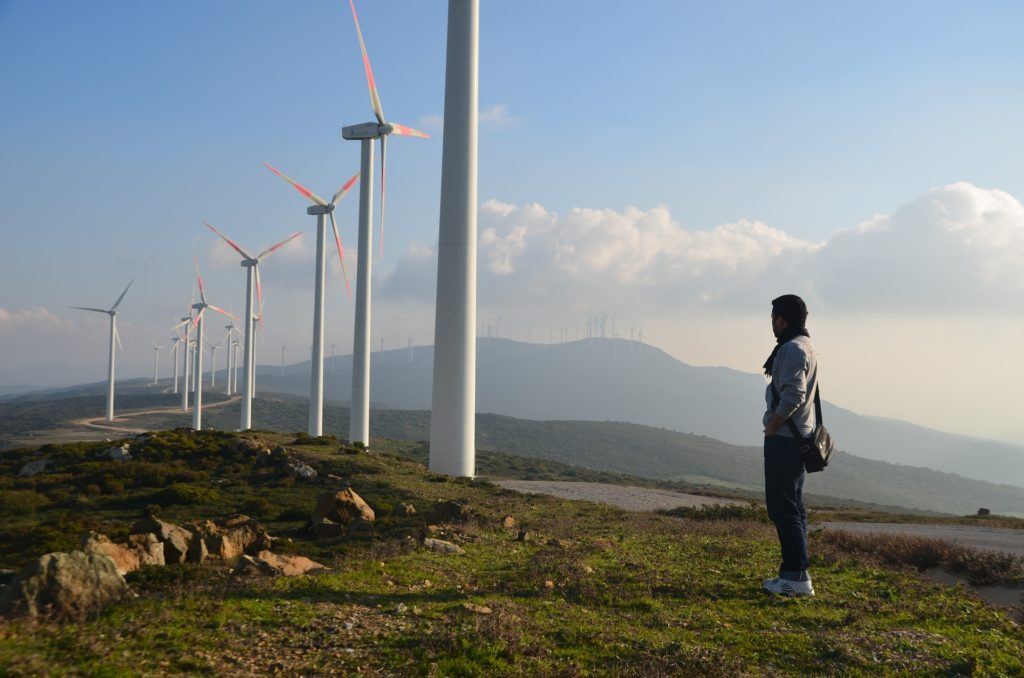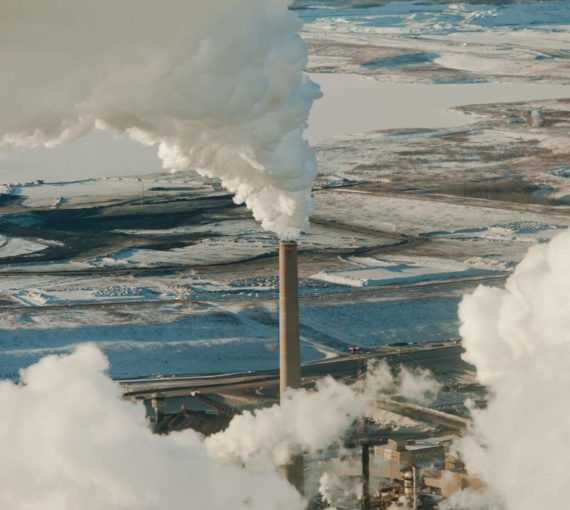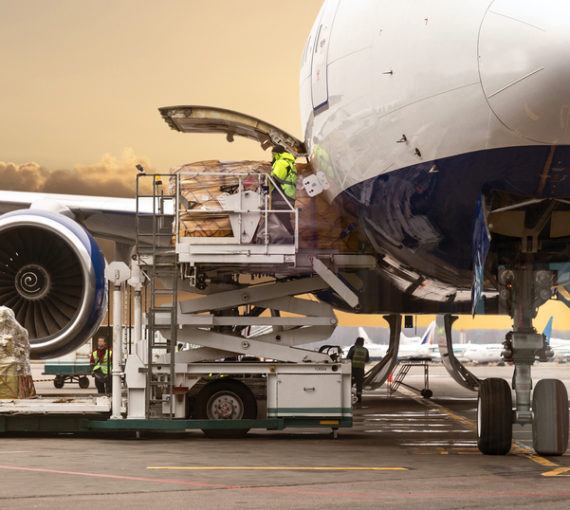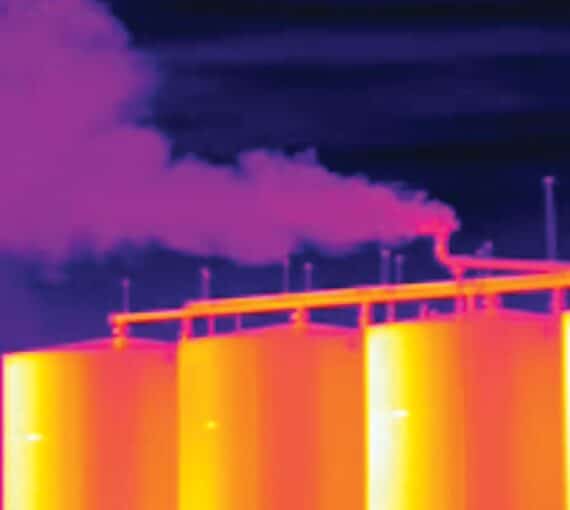
Canada’s new climate law, the Canadian Net-Zero Emissions Accountability Act, along with capping emissions from oil and gas and other recently announced measures to reduce emissions, should move us to a better path. (Photo: bouassa via Pixabay)
In reviewing Canada’s record on the environment over the past 30 years, the environment and sustainable development commissioner found more than a few gaps and missed opportunities. In a statement accompanying his report, Jerry DeMarco wrote, “We can’t continue to go from failure to failure; we need action and results, not just more targets and plans.”
The commissioner’s review points to ongoing policy incoherency that poses a major obstacle to climate action. It cites recurring examples of conflicting policies that increase carbon emissions and undermine Canada’s climate agenda.
Although we can’t turn back the clock, we can learn from past mistakes. We’ll need to redouble efforts to make up for lost time. Canada’s new climate law, the Canadian Net-Zero Emissions Accountability Act, along with capping emissions from oil and gas and other recently announced measures to reduce emissions, should move us to a better path. But these measures must be introduced without delay, and without loopholes that allow emissions to continue to rise. As well, Canada must ensure that all public financial flows align with our responsibility to reduce carbon emissions. Aligning these bold laws and policies to other policies will be key to success. A “whole of government” approach to climate action would also help turn the corner on past mistakes.
Unless the government acknowledges and resolves the contradiction between fossil fuel production projections and climate commitments, it cannot turn the chapter on failed climate action.
Canada’s dilemma on climate inaction remains the same: expanding fossil fuel production and infrastructure is incompatible with reducing carbon emissions, because oil, gas and coal are fuelling the climate crisis. Unless the government acknowledges and resolves the contradiction between fossil fuel production projections and climate commitments, it cannot turn the chapter on failed climate action. While it says it will cap oil and gas emissions, it has been silent on capping production. And the commissioner pointed to the Emissions Reduction Fund introduced in 2020 to reduce methane emissions as an example of an approach that leaves out necessary emissions reductions while allowing offsets and subsidies to continue.
On the plus side, Canada has been a leader in ending coal production, one of the worst climate polluters. After recent announcements in Nova Scotia and New Brunswick, Canada is now on track to phase out coal-fired electricity by 2030.
Other countries are leading the way in committing to a managed and just phase-out of oil and gas production. The Beyond Oil and Gas Alliance is a new international coalition of national and subnational governments launched during COP26. Quebec joined the alliance last month. It represents the most ambitious international cooperative mechanism to date on climate change, and the only one to directly address its main drivers. In its efforts to turn the tide on past climate failures detailed by the commissioner, it would be a significant signal for a new direction were Canada also to sign on.
Our work
Always grounded in sound evidence, the David Suzuki Foundation empowers people to take action in their communities on the environmental challenges we collectively face.






